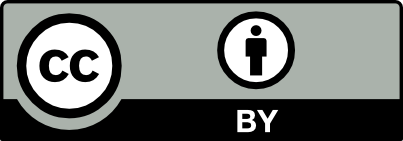About Gene Loss Database
Molecular databases are essential resources for both experimental and computational biologists.
The rapid increase in high-quality genome assemblies has led to a significant surge in publications describing secondary gene loss events, associated with lineage-specific adaptations, across multiple species. A search on PubMed with the term “gene loss” yields thousands of results, most of which have been published since 2015. Such wealth of information brings out the timely need to organise and catalogue data to maximize searchability and streamline subsequent studies. Despite this (until now) there was no existing database that collates curated and validated information regarding published secondary gene loss events.
Here, we present Gene Loss Database (GlossDB) a database that aims to aggregate this valuable data in an easy-to-search and user-friendly location.
Gene Loss Database is a manually curated repository of information regarding gene loss in vertebrate species. All information curated in this database is sourced exclusively from peer-reviewed articles containing valuable confirmed biological data regarding gene loss in multiple species. Our team of expert curators diligently extract and analyse data from these publications, meticulously organizing gene loss data to enrich this repository.
How to cite
Gene Loss DB: A curated gene loss database for vertebrate species.(Submitted)
License & Disclaimer
The information provided in Gene Loss DB is, to the best of our knowledge, accurate and collected from peer-reviewed publications, ensuring scientific scrutiny. However, users should be aware that certain errors may still occur due to the following reasons:
- Updates to available genomes and assemblies, meaning that newer, higher-quality data may supersede or contradict information currently in the database.
- Potential misinterpretation of data by the authors of the original publications.
- Inaccuracies that may arise during the data collection and entry process.
Despite these efforts, we advise users to consult the corresponding reference articles for validation and further verification of the information presented.
This database is designed for use in evolutionary biology studies and is not intended for use in medical diagnosis
and is free, and open to all users.
 This work is licensed under a Creative Commons Attribution 4.0 International (CC BY 4.0) License.
This work is licensed under a Creative Commons Attribution 4.0 International (CC BY 4.0) License.